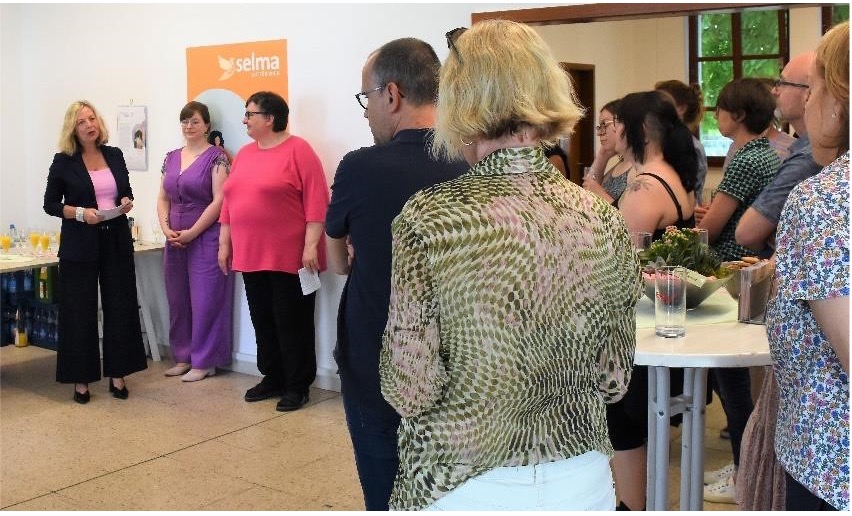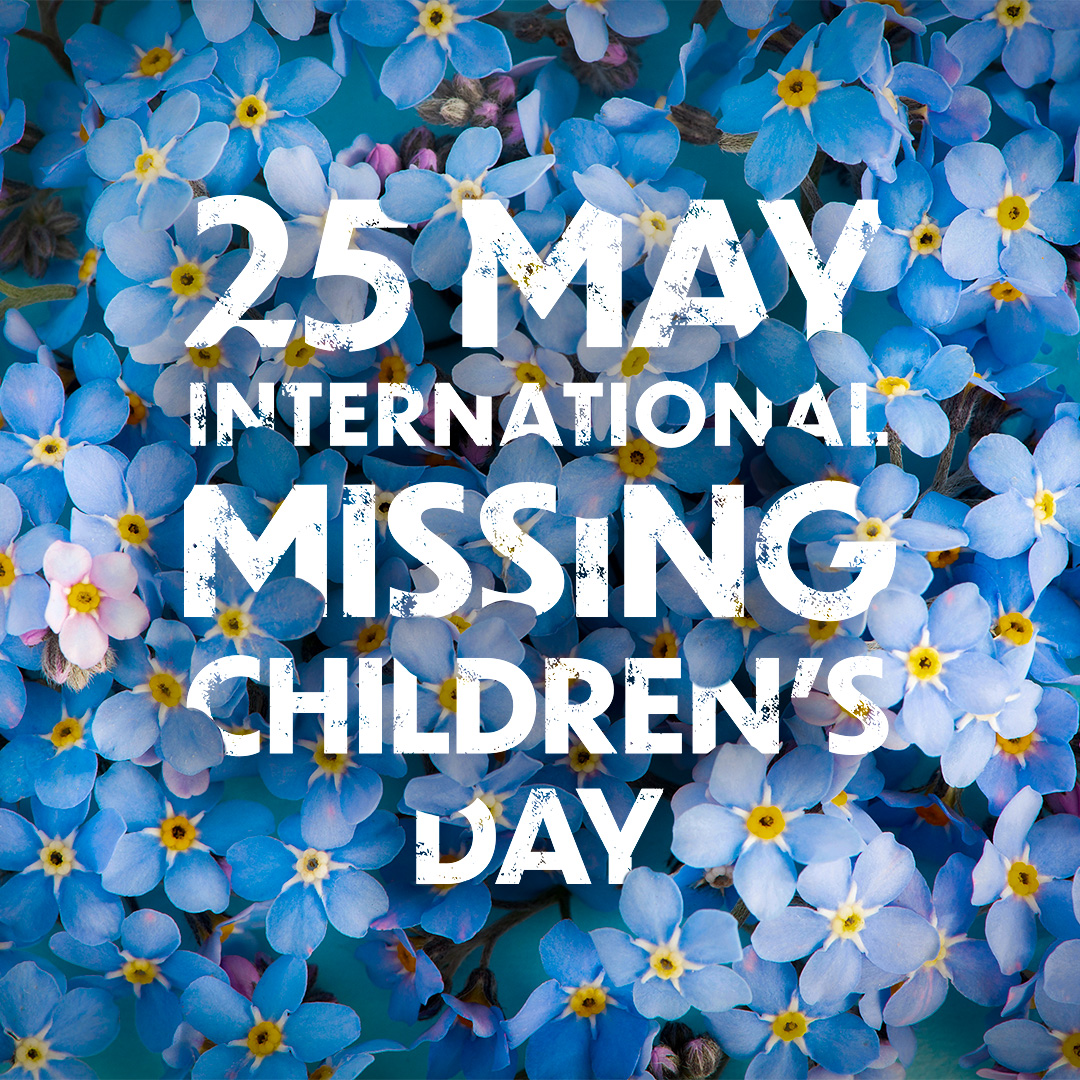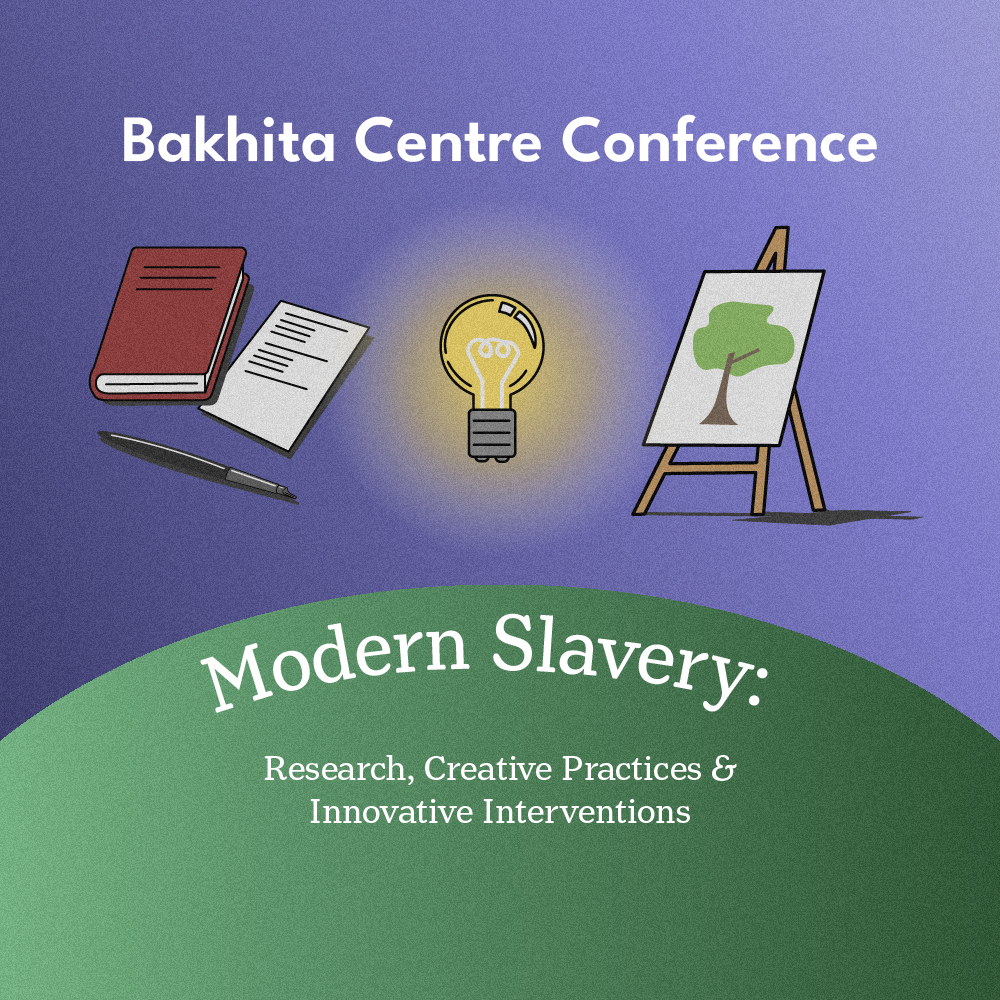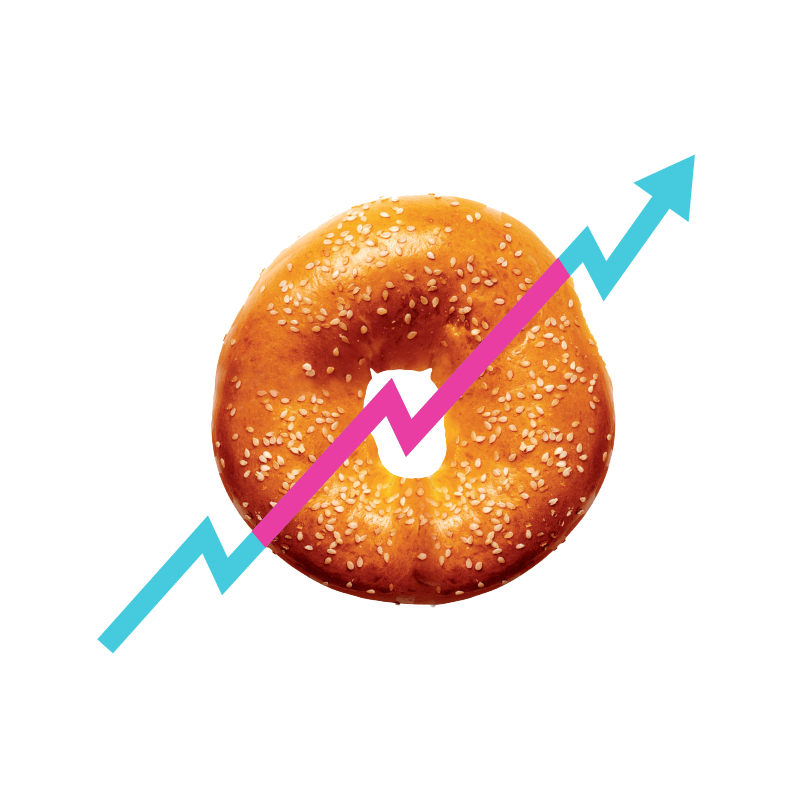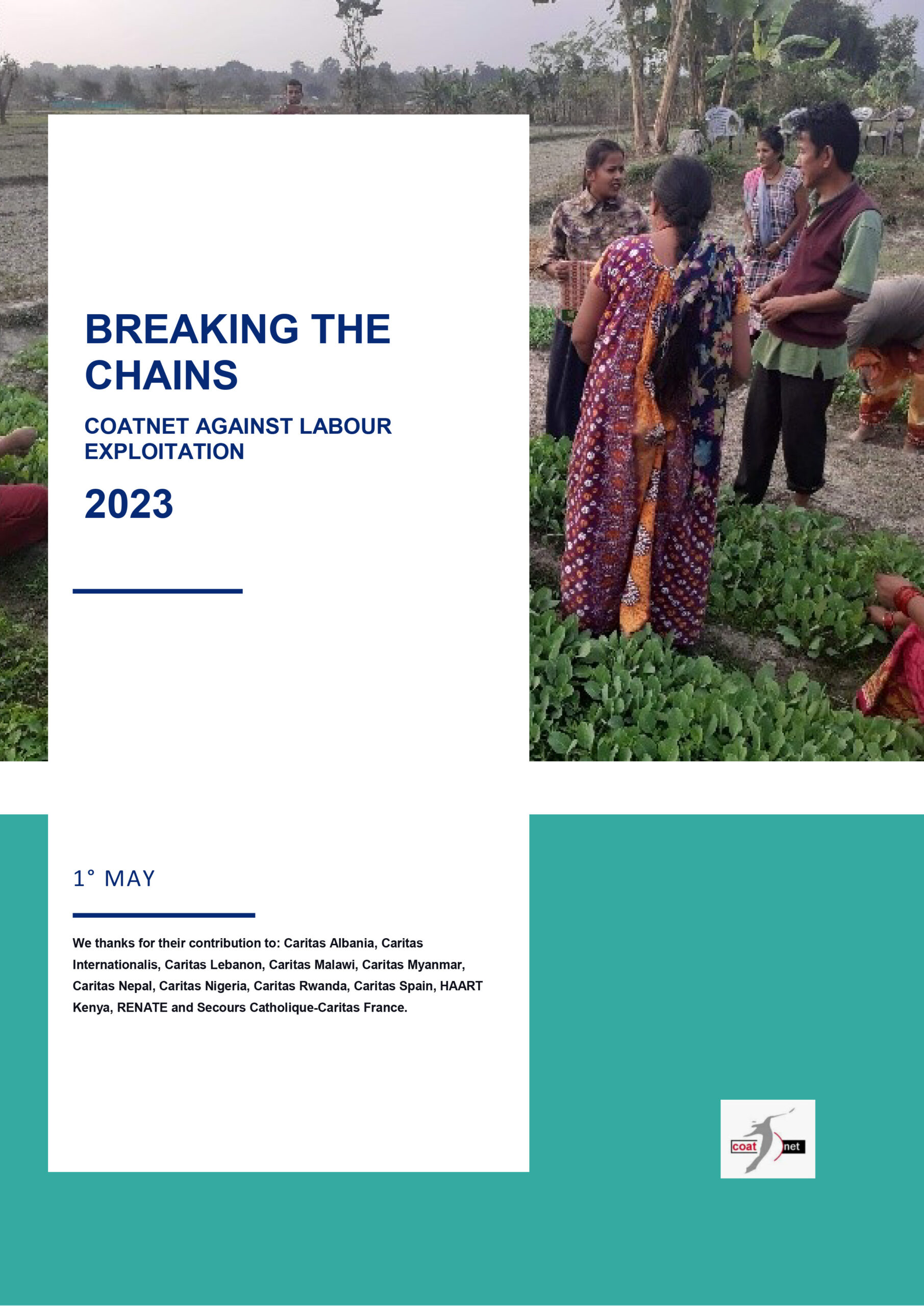| Source: Freedom Collaborative The anti-trafficking sector last week welcomed the release of the 2023 Global Slavery Index (GSI), the world’s most comprehensive dataset on modern slavery at a country level. The index, produced by Walk Free, presents a detailed picture of modern slavery as it exists across industries worldwide, indicates the actions governments are taking and the risks populations face, and offers an analysis of trade flows and data on specific products. This new edition of the report finds that, against a backdrop of COVID-19, the climate emergency, and ongoing conflicts across the world, 10 million more people have been forced to work or marry since 2016. A widespread assault on democracy and rights, and major economic and social impacts, have caused significant disruption to employment and education, leading to extreme poverty and forced and unsafe migration. However, in many wealthy countries, efforts to combat modern slavery have stagnated and in some cases hard won progress has reversed. Since its launch in 2013, the GSI has been instrumental in engaging governments and the private sector in addressing modern slavery. Exploitation is now recognised as a systemic element within the global economy, and has become a mainstream topic as part of discussions on governance, sustainability, and corporate due diligence. Although most G20 countries are not doing enough to ensure that modern slavery is not involved in the production of imported goods and within supply chains, a narrative shift has occurred over the past decade, placing much greater responsibility on state authorities and businesses for combating human trafficking, forced labour and exploitation. In recent years, the UK and Australia have introduced Modern Slavery Acts, which require companies to report on modern slavery risks in their supply chains, the U.S. has banned several companies from importing goods across its borders due to the risk of forced labour, and some Gulf States have started to reform the kafala sponsorship system to better protect the rights of migrant workers. While all these responses are arguably flawed and require improvement, data contained within the GSI, and the spotlight it places on individual countries, put civil society and campaign groups in a much stronger position from which to advocate for rights holders. The GSI allows all stakeholders to understand the size of the problem, existing responses, and contributing factors, so they can build sound policies that will end modern slavery or do effective advocacy work and hold governments accountable for their anti-slavery actions, says Walk Free.Walk Free made substantial methodological improvements to the 2018 edition of the index, including a significant increase in the number of survey data points, and changes to its approach to estimating prevalence in countries without survey data. The 2023 report continued to refine this methodology to provide the most accurate modern slavery prevalence, risk and government response data, including new data sources for measures of vulnerability, and a stronger scoring system for assessments of government action.The new report also puts greater emphasis on survivor expertise, and features essays and articles by survivors on topics including disrupting the cycle between conflict and modern slavery, the impact of pandemic control measures on modern slavery, and modern slavery and gender. Extensive reviews made by Lived Experience Expert Groups led to edits to the conceptual framework underpinning the study, which outlines what constitutes a strong response to modern slavery, and also to the method of analysis.Modern slavery is often hidden from view, it disproportionately affects the most marginalized, and many victims do not self-identify, which means that quantifying the number of victims is challenging, says Walk Free. Measuring and monitoring this problem is therefore crucial in exposing and ultimately resolving it, as well as assessing its scale and the effectiveness of policies. The information contained within the GSI enables stakeholders to refine their thinking on how to better respond to modern slavery, as well as how to predict and prevent modern slavery in the future, the authors say. |
| Here’s a round-up of other noteworthy news and initiatives: |
| This advocacy brief on the protection of displaced children reflects on lessons arising from past and ongoing crises worldwide, outlines principles to guide action in response to similar crises in the future, and proposes policy actions to strengthen the effective protection of children. It is issued jointly by UNHCR, UNICEF, UNODC, the IOM, OHCHR and the Office of the Special Representative of the Secretary-General on Violence against Children (OSRSG-VAC), in close partnership with the Organization for Security and Co-operation in Europe (OSCE) Special Representative and Coordinator for Combating Trafficking in Human Beings.After the dismissal of a complaint filed in April 2021 against Uniqlo, SMCP, Inditex, and Skechers USA for concealment of crimes against humanity, Sherpa, the Collectif Ethique sur l’étiquette, the European Uyghur Institute, and a Uyghur plaintiff, have filed a civil complaint to request the opening of a judicial investigation into the garment companies’ use of Uyghur forced labour.This article highlights efforts by the Institute for Social Development Studies (ISDS) to raise awareness among ethnic minority children and young people about human trafficking and child marriage, through digital technology in Vietnam. The Em Vui (I’m Happy) project was implemented from June 2020 to June 2023 in 52 communes of four provinces and, in the past six months, nearly 400 people, mostly ethnic minority adolescents, accessed the digital platforms each day, says ISDS.Deutsche Bank has agreed to pay US$75 million to sexual abuse victims of Jeffrey Epstein to settle a lawsuit which accused the German lender of helping facilitate the disgraced financier’s sex trafficking operations. The settlement, which requires approval by a federal judge, would resolve the class-action suit that alleged the bank missed warning signs in Epstein’s accounts that he was engaged in wrongdoing. Deutsche Bank accepted Epstein as a client even after 40 underage girls made sexual assault claims against him, and maintained that banking relationship until 2018. This podcast episode explores the factors that can make individuals vulnerable to modern slavery through the story of human trafficking survivor Nopinky. By learning about Nopinky’s life in South Africa before she was trafficked, the makers hope to raise awareness and promote prevention efforts.Free the Slaves is inviting Cambodian organizations to participate in an upcoming online training on “Ensuring Access to Essential Social and Economic Services”, part of its Community Liberation Initiative Certification, for up to 20 organizations on a first-come, first-served basis. The workshop has been organized in partnership with Chab Dai Coalition in Cambodia and focuses on the pivotal role that essential services play in disrupting and preventing human trafficking and slavery in the Cambodian context. WikiRate and Walk Free recently launched the Beyond Compliance Modern Slavery Data Dashboard, which compares industries’ reporting performance over time, and the UK and Australian modern slavery laws. You are invited to participate in a user experience test, which takes five to 10 minutes. Your feedback will help improve the dashboard. |

.png)







